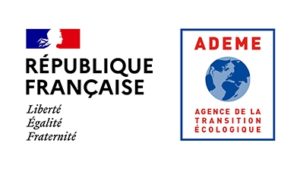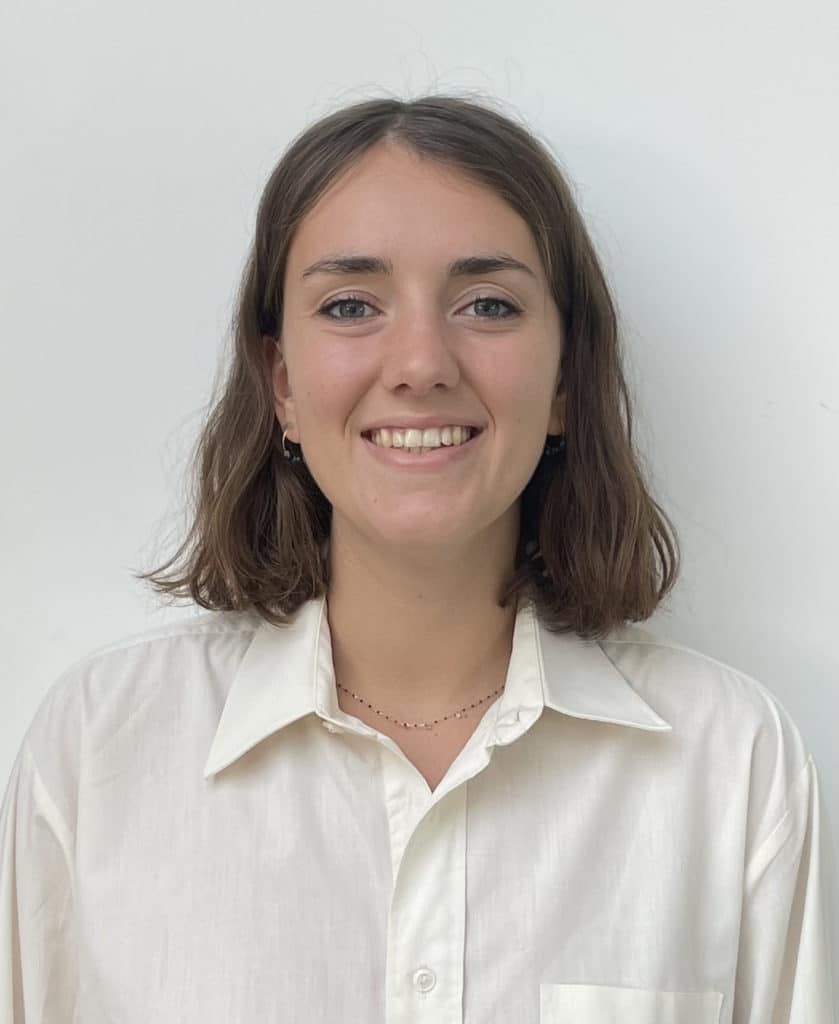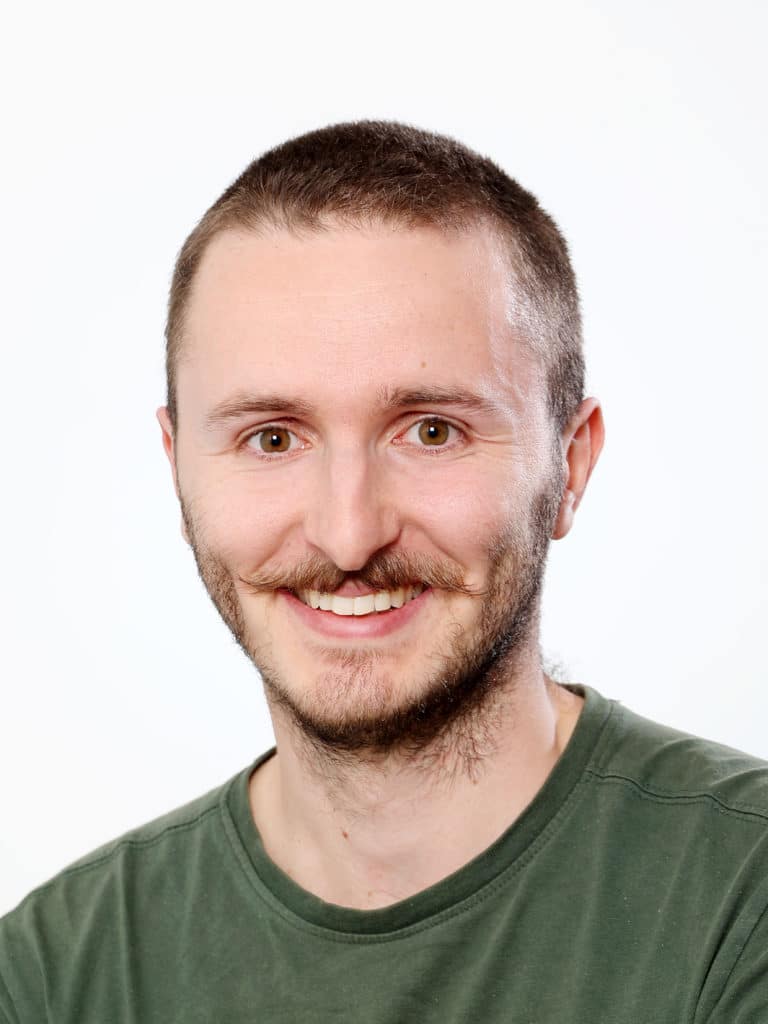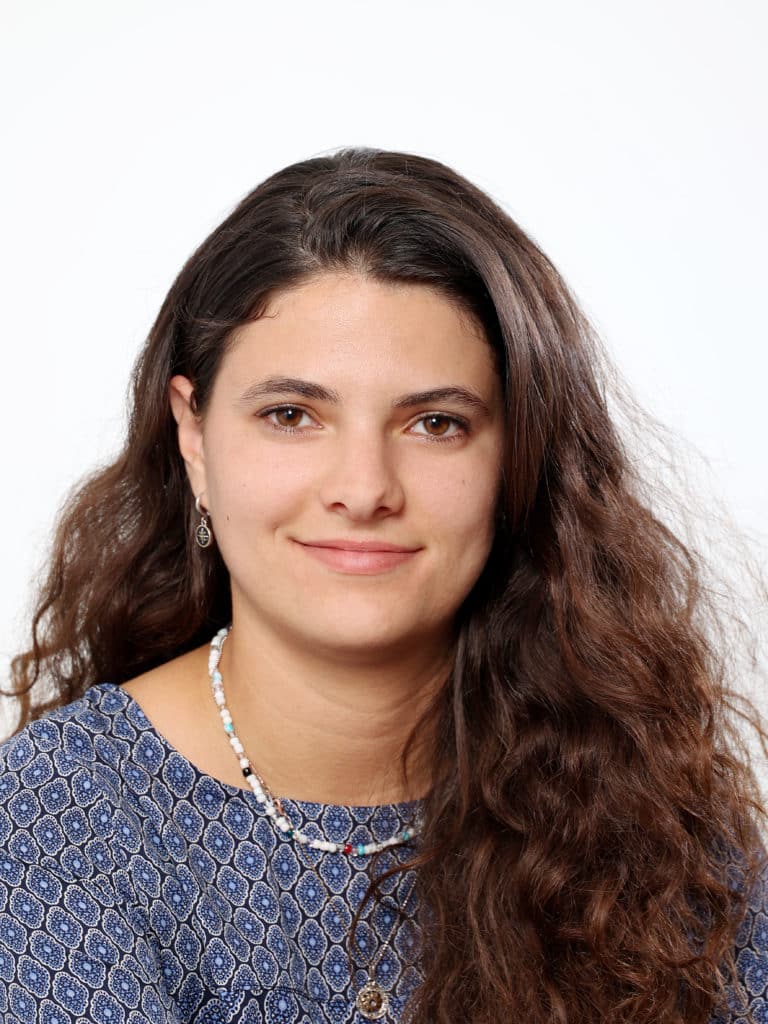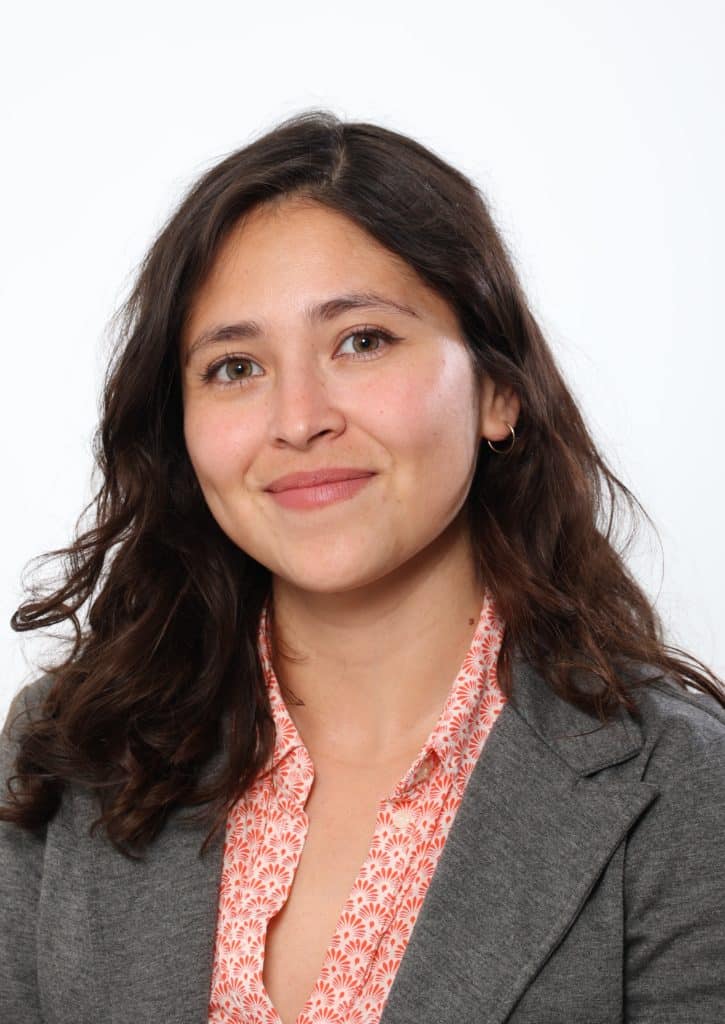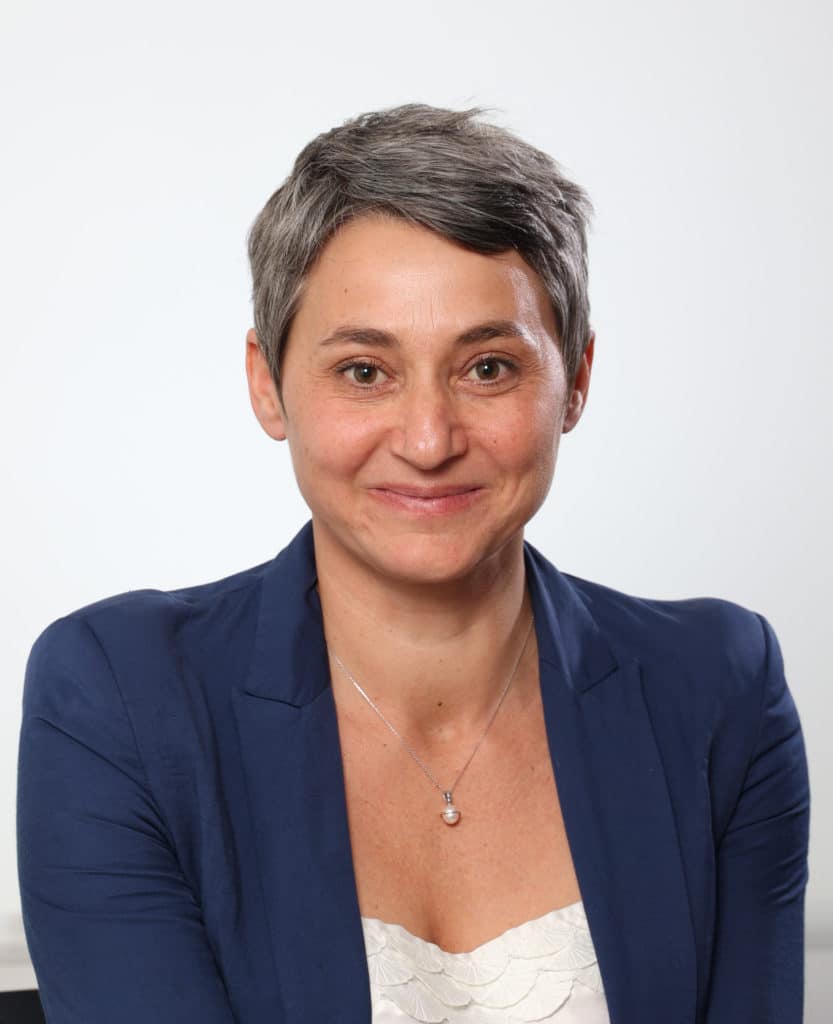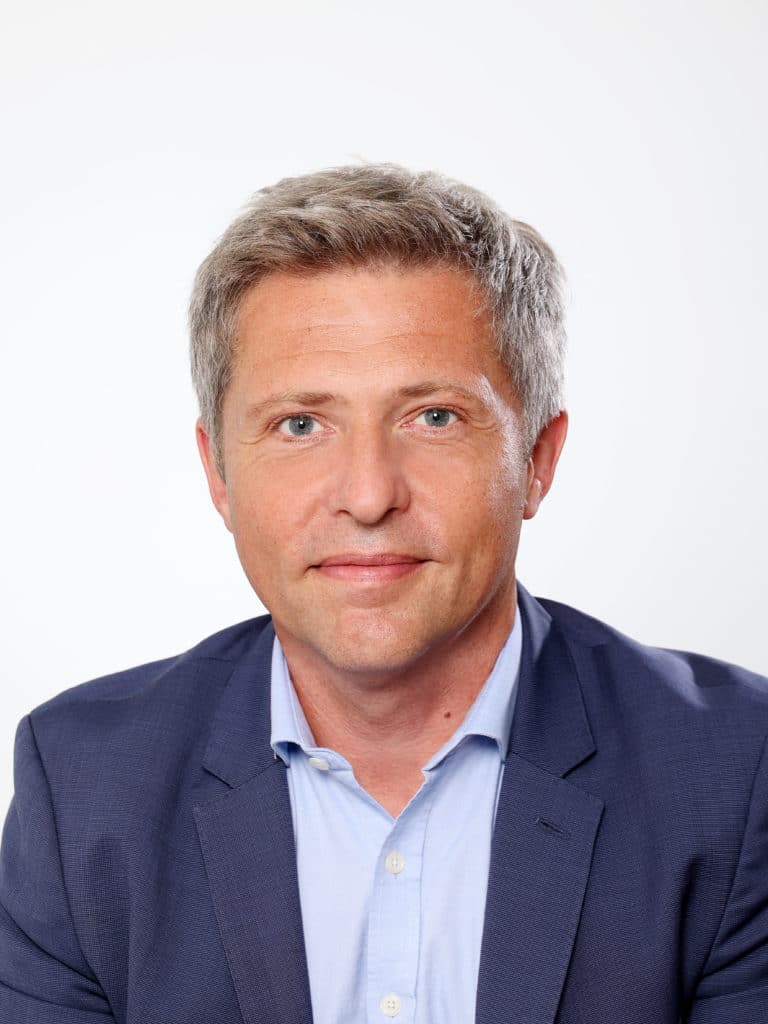MOOC
RE2020 : Préparez-vous à la nouvelle réglementation environnementale
- Créativité
- Inclusion
- Résilience
- Sobriété
- Construction
- Matériaux
- Exploitation
- Qualité du logement
- Rénovation / Réhabilitation
La nouvelle réglementation environnementale "RE2020" remplacera bientôt la RT2012 pour les bâtiments neufs. Conçue et imaginée pour accompagner la volonté du gouvernement de faire de la France un pays neutre en carbone d’ici l’année 2050, la priorité est mise sur la sobriété énergétique et à la décarbonation de l’énergie.
Cette règlementation mettra en avant de nouveaux procédés comme l’Analyse de Cycle de Vie (ACV) ou l’adaptation des logements au changement climatique.
Le CSTB Formations et l’ensemble de ses partenaires vous proposent de vous y préparer à travers un MOOC de 4 semaines.
A travers de vidéos pédagogiques, des activités, des quiz, et un forum, l'équipe du MOOC RE2020 vous propose d'aborder les différents indicateurs et méthodes de calcul, d'étudier les différents systèmes constructifs, matériaux et équipements dans le but de mieux appréhender les impacts au regard des nouveaux seuils exigés.
Médias
La formation est découpée en 4 semaines. Chaque semaine, un nouveau module est ouvert afin de rythmer votre apprentissage. A la fin du MOOC, une semaine supplémentaire est ouverte, sans nouveau contenu, pour vous permettre d’achever l’ensemble des modules.
La charge de travail est estimée à 1 h 30 par semaine, mais selon vos envies et votre disponibilité, vous pourrez approfondir des sujets pour aller plus loin avec des ressources en ligne proposées. Les modules de formations sont composés de courtes unités d’apprentissages, articulées autour du thème de la semaine.
Semaine 1 : Les enjeux de la RE2020
- Présentation du MOOC
- La RE2020, oui, mais dans quel contexte ?
- La RE2020, politique nationale ambitieuse qui s’articule avec un cadre réglementaire plus large
- ZOOM sur le grand tournant de la RE2020 : l’Analyse du cycle de vie
Semaine 2 : La RE2020 en bref
- La thématique énergie
- La thématique confort d’été
- La thématique carbone
Semaine 3 : Comment faire mes choix en tant que MOA
- Rôles et missions des différents intervenants
- Etude de faisabilité énergétique et attestations de prise en compte de la RE2020
- Exemples de maison individuelle et d’immeuble collectif
Semaine 4 : La RE2020 dans l’élaboration d’un projet
- Les bonnes pratiques pour l’intération de la RE2020 dans les programmes
- Aller au-delà de la RE2020 : le label, la biodiversité, l’échelle quartier/ville, etc.
- Quiz final

